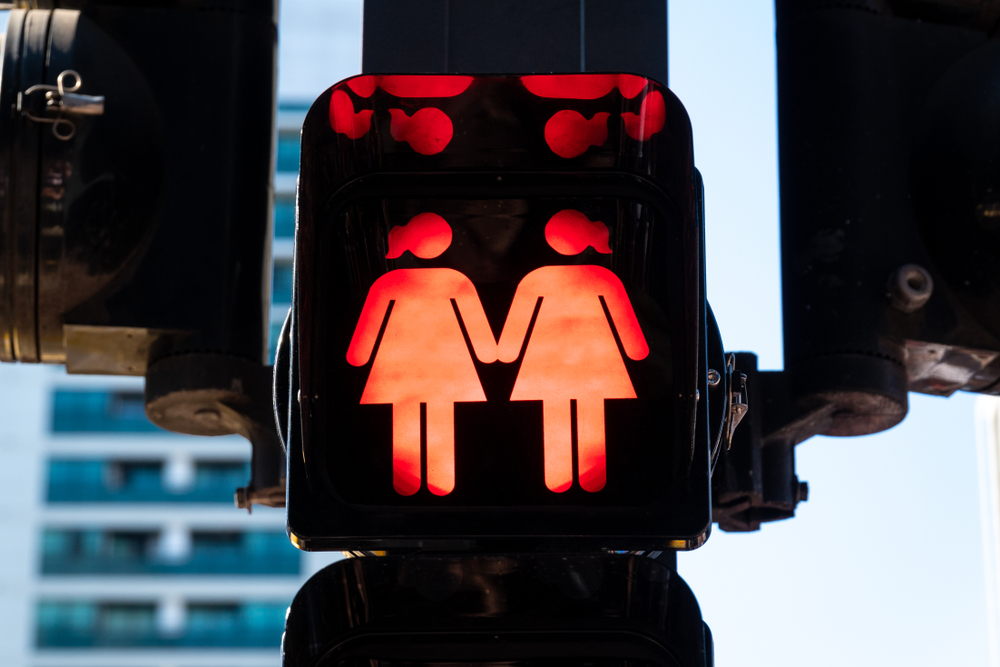Earlier this year, Brazil passed radical legislation allowing trans individuals to use their social names –the names which they are known by, rather than those on their birth certificates – on identity cards without first undergoing gender reassignment surgery. The move, which came after concentrated mobilization efforts from the trans community, has been widely praised. “This was a huge advance for the LGBTQ population that we were able to make in the Supreme Court,” said Dr. Gisele Alessandra Schmidt e Silva, a member of the Brazilian Lawyers’ Association’s sexual and gender diversity commission and a recent speaker at Brazil Conference at Harvard & MIT.
Schmidt, who was the first transsexual in Brazilian history to give a speech in the Supreme Court, lobbied hard to introduce the social name legislation. “It’s important exactly because it will mean avoiding the discomfort that invariably ends up violating a person’s dignity,” she explained to The Brazilian Report.
But violence against Brazil’s LGBTQ population remains shockingly high. A total of 445 deaths made 2017 the deadliest year since NGO Grupo Gay da Bahia began monitoring 38 years ago. Moreover, those numbers already represent a 30 percent increase from the previous year, and this year shows no signs of being different according to the NGO’s founder, anthropologist Luiz Mott.
“The statistics [for 2018] are unforeseeable,” Mott told The Brazilian Report, although he remains concerned that the incremental year-on-year increases in violence against LGBTQ Brazilians shows no signs of abating. “This recent increase is related to the general increase in crime in Brazil – the country is the fifth most violent in...


 Search
Search






































